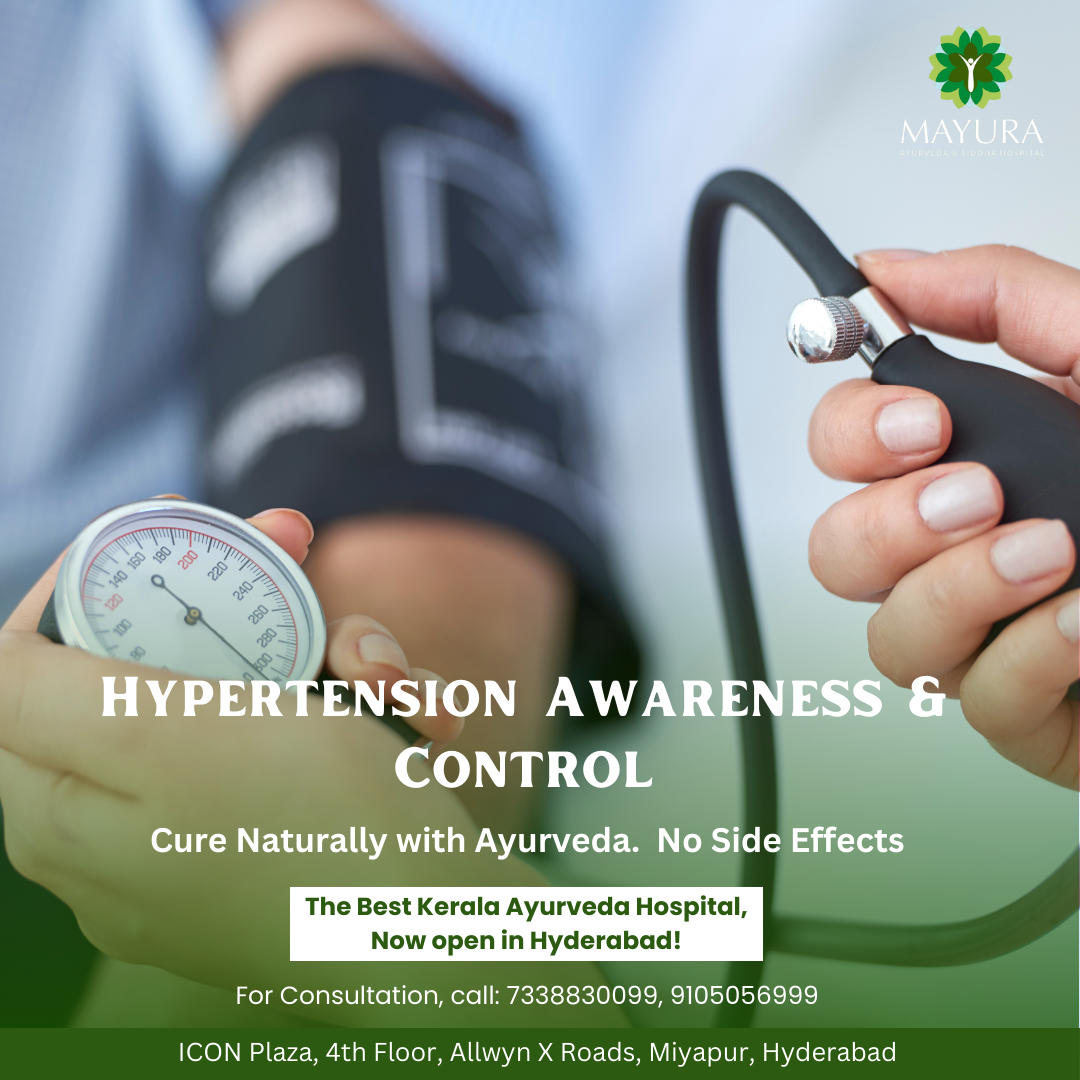Hypertension, commonly known as high blood pressure, is a prevalent yet often overlooked health issue affecting millions worldwide. With its silent nature and potentially severe consequences, raising awareness and understanding the importance of hypertension control is paramount.
Understanding Hypertension
Hypertension occurs when the force of blood against the artery walls is consistently too high. It’s typically categorized into two types: primary hypertension, which develops over time with no identifiable cause, and secondary hypertension, which stems from an underlying condition.
Various factors contribute to hypertension, including genetics, lifestyle choices, such as poor diet and lack of physical activity, stress, and certain medical conditions. While hypertension may not present noticeable symptoms initially, over time, it can lead to severe health complications like heart disease, stroke, and kidney damage.
Prevention and Management Strategies
Healthy Lifestyle Choices: Adopting a balanced diet rich in fruits, vegetables, and whole grains while limiting sodium intake can significantly lower blood pressure. Additionally, regular physical activity and weight management play vital roles in hypertension prevention and control.
Regular Monitoring: Regular blood pressure monitoring is essential, especially for individuals at risk or diagnosed with hypertension. This allows for early detection of any fluctuations, enabling timely intervention.
Medication Adherence: For those requiring medication to control hypertension, adherence to prescribed treatment plans is crucial. Skipping doses or discontinuing medication without medical advice can lead to uncontrolled blood pressure levels and increased health risks.
Stress Management: Chronic stress can elevate blood pressure levels. Incorporating stress-relief techniques such as mindfulness, meditation, or engaging in hobbies can help manage stress levels effectively.
Limiting Alcohol and Caffeine: Excessive consumption of alcohol and caffeine can contribute to hypertension. Moderation is key to minimizing their impact on blood pressure levels.
Quitting Smoking: Tobacco smoke contains chemicals that can damage blood vessels and elevate blood pressure. Quitting smoking not only benefits overall health but also reduces the risk of hypertension-related complications.
Conclusion
Hypertension is a manageable condition, but it requires awareness, proactive measures, and consistent efforts to control effectively. By understanding the risk factors, making healthy lifestyle choices, and adhering to treatment plans, individuals can significantly reduce the risk of hypertension-related complications and enjoy better overall health.
Empower yourself with knowledge, prioritize your health, and take proactive steps towards combating hypertension for a healthier future.
















